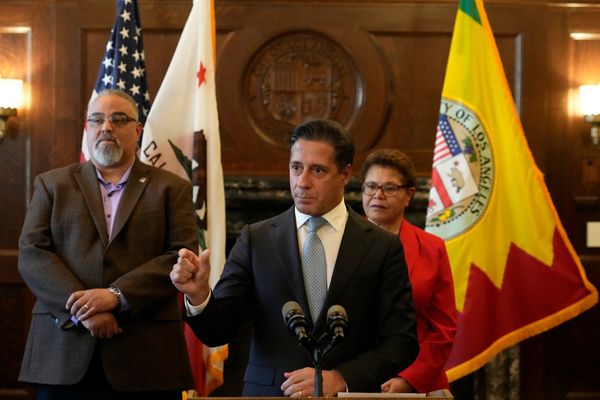In a public health outreach initiative, the Centre for Brain and Mind (CBM) at the National Institute of Mental Health and Neurosciences (NIMHANS) in Bengaluru organised a four-day virtual screening of an international documentary “KEYS BAGS NAMES WORDS”, which sheds light on the intricate challenges posed by dementia, from November 18.
One of the core missions of the CBM, which is supported by Rohini Nilekani Philanthropies, is to advance research and community education. The screening had nearly 200 registrations and saw participation of patients, family members, caregivers, NGOs, researchers and doctors.
‘Keys Bags Names Words’ is a poignant exploration of the impact of dementia on individuals, families, and society, resonating deeply with the audience. The film gracefully shares personal stories, debunking myths, and fostering a deeper understanding of dementia, a condition affecting millions globally. It is a quirky and inspiring lens portraying stories of the personal and global impacts of Alzheimer’s disease and other forms of dementia.
Dementia is an umbrella term for several diseases affecting memory, other cognitive abilities and behaviour that interfere significantly with a person’s ability to maintain their activities of daily living. Alzheimer’s disease is the most common type of dementia. Recent estimates reveal a dementia prevalence rate of 7.4% among those aged 60 years and above, translating to nearly 9 lakh Indians currently living with dementia. From an estimated 88 lakh in 2016, the prevalence of dementia is projected to increase to 1.7 crore by 2036. In Karnataka, the prevalence of this neurodegenerative brain disease is estimated to be around 5%, affecting approximately 3.5 lakh individuals.
A post-screening interactive discussion featured a panel of experts from NIMHANS and the filmmakers. P.T. Sivakumar, professor and Head of Geriatric Psychiatry Unit and Latha K., Associate Professor, Department of Mental Health Education at NIMHANS contributed to a comprehensive discussion on the scenario of dementia in India. They emphasised the critical role of awareness and destigmatisation in addressing the challenges posed by dementia and its contribution to a holistic understanding of dementia and its impact on individuals and communities.
Speaking to The Hindu, Dr. Sivakumar said the documentary has depicted several issues related to dementia diagnosis and care using real life scenarios. “This is a very powerful medium to promote awareness related to dementia. This will help in reducing the stigma and promote awareness about early identification, the need for care with dignity and the challenges for the caregivers to provide optimal support,” he said.
“This collaborative initiative by the Centre for Brain and Mind and the 4th IndiaBioscience Outreach Grant successfully accomplished its goal of raising awareness about dementia, providing a platform for education, and fostering a community dialogue on this critical issue,” he said.
Cynthia Stone (Director and Producer) and Caroline Prioleau (Writer and Designer) delved into the behind-the-scenes of the film, providing unique insights and inspirational stories about the featured patients and their families. They underscored the importance of creating diverse forms of educational and informational media to reach wider audiences.







